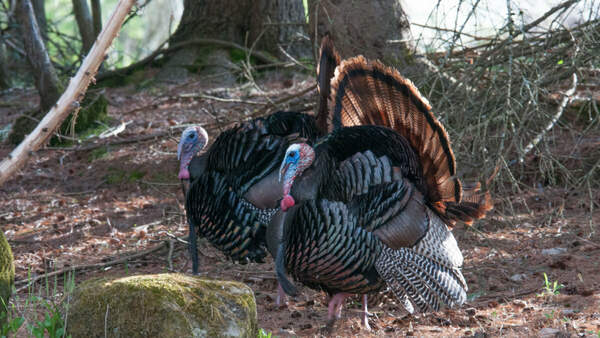MONTPELIER, Vt. — Vermont State Game Wardens are asking Vermonters with information about fish and wildlife crimes to submit them through the Operation Game Thief program.
Operation Game Thief (OGT) is a joint nonprofit program sponsored by the Vermont Federation of Sportsmen's Clubs and administered by the Vermont Fish and Wildlife Department.
The program provides a way for people to help protect the state's fish and wildlife by reporting law violators at 1-800-75ALERT (1-800-752-5378). The toll-free hotline is available 24 hours a day, seven days a week, 365 days a year to report violations. Rewards are paid for information leading to arrests.
"Vermont is lucky to have dedicated wardens patrolling our fields, forests and waterways, but their numbers are limited," said Col. Justin Stedman. "Operation Game Thief is a great way for Vermonters to assist in reducing fish and wildlife violations by providing tips and information. We're asking people to call with details such as names and descriptions of perpetrators, and descriptions and plate numbers of vehicles whenever possible."
"Poachers steal the opportunity for others to legally hunt and fish and may create an unfairly negative impression of hunting and fishing with the general public," said Col. Stedman. "They may also target threatened, endangered or nongame species. We appreciate this partnership with the Vermont Federation of Sportsmen's Clubs to help us catch and prosecute poachers through Operation Game Thief."
| If you would like to contribute information on this article, contact us at info@iberkshires.com. |















